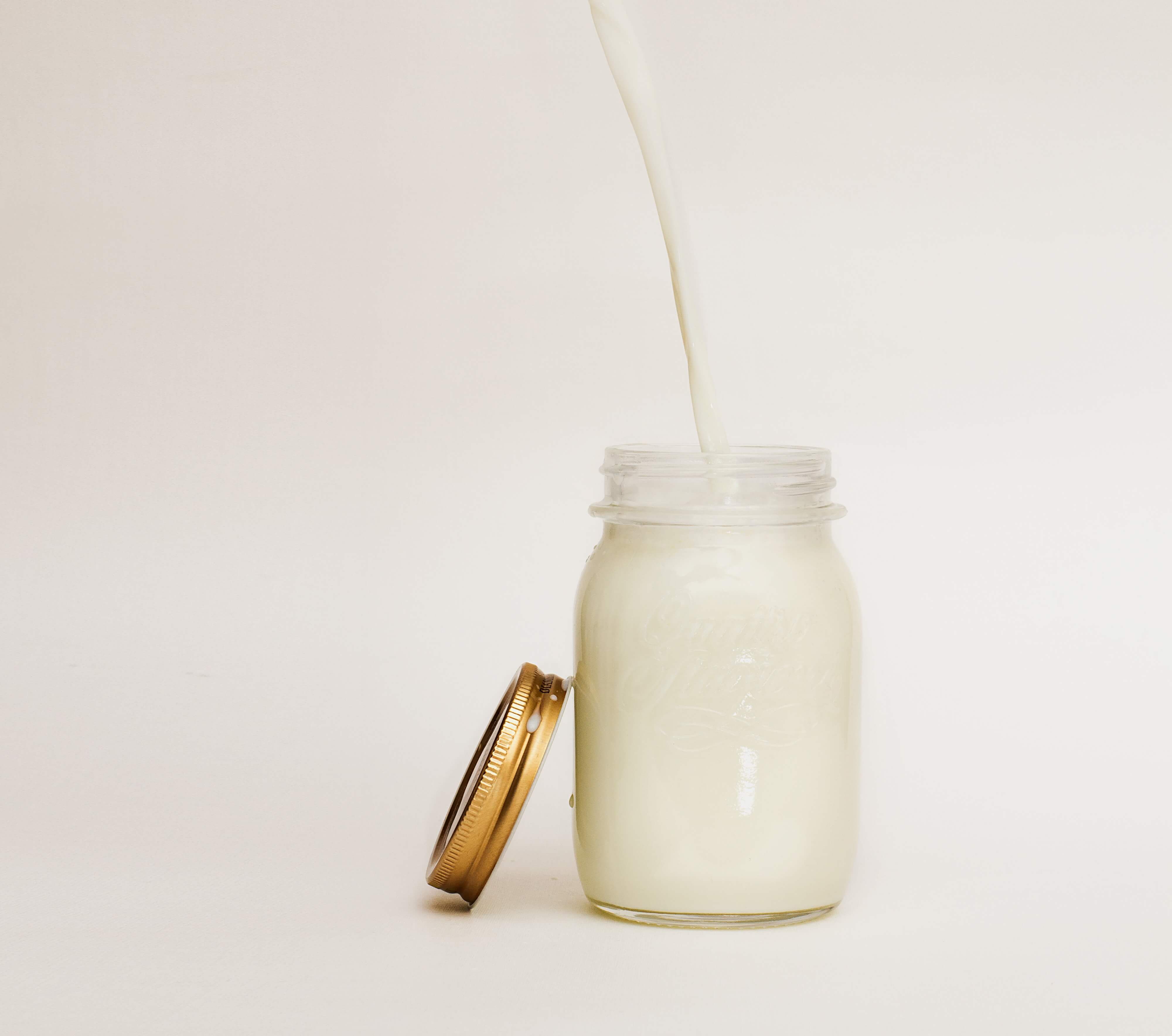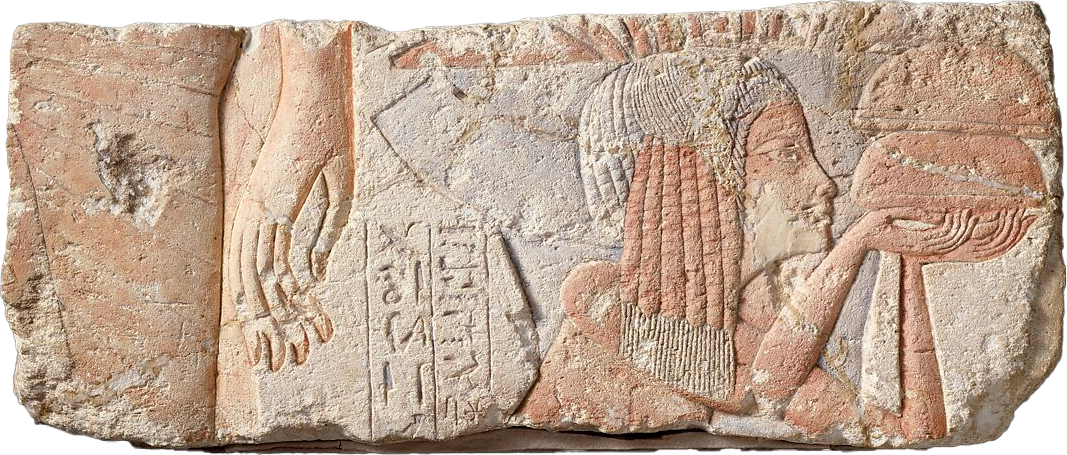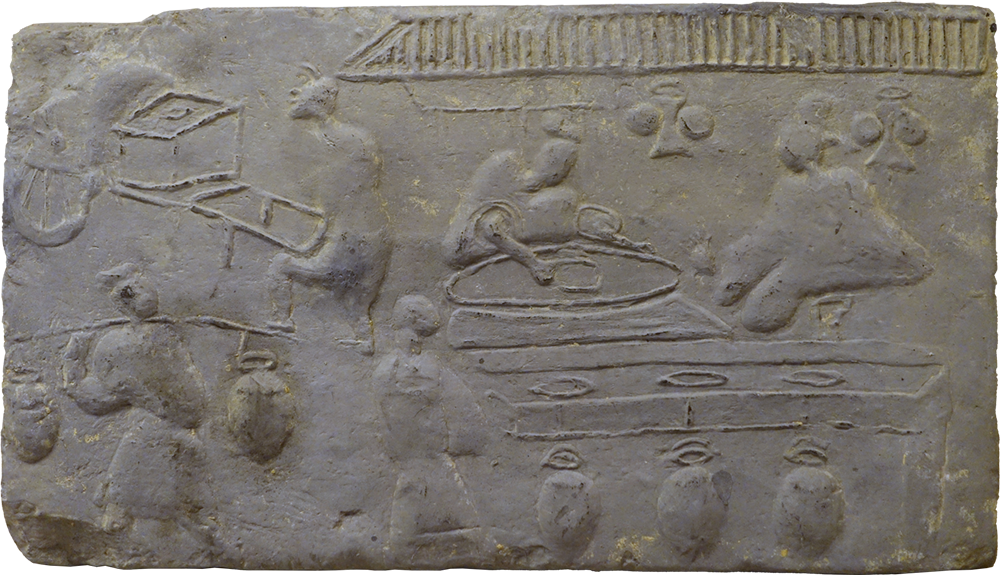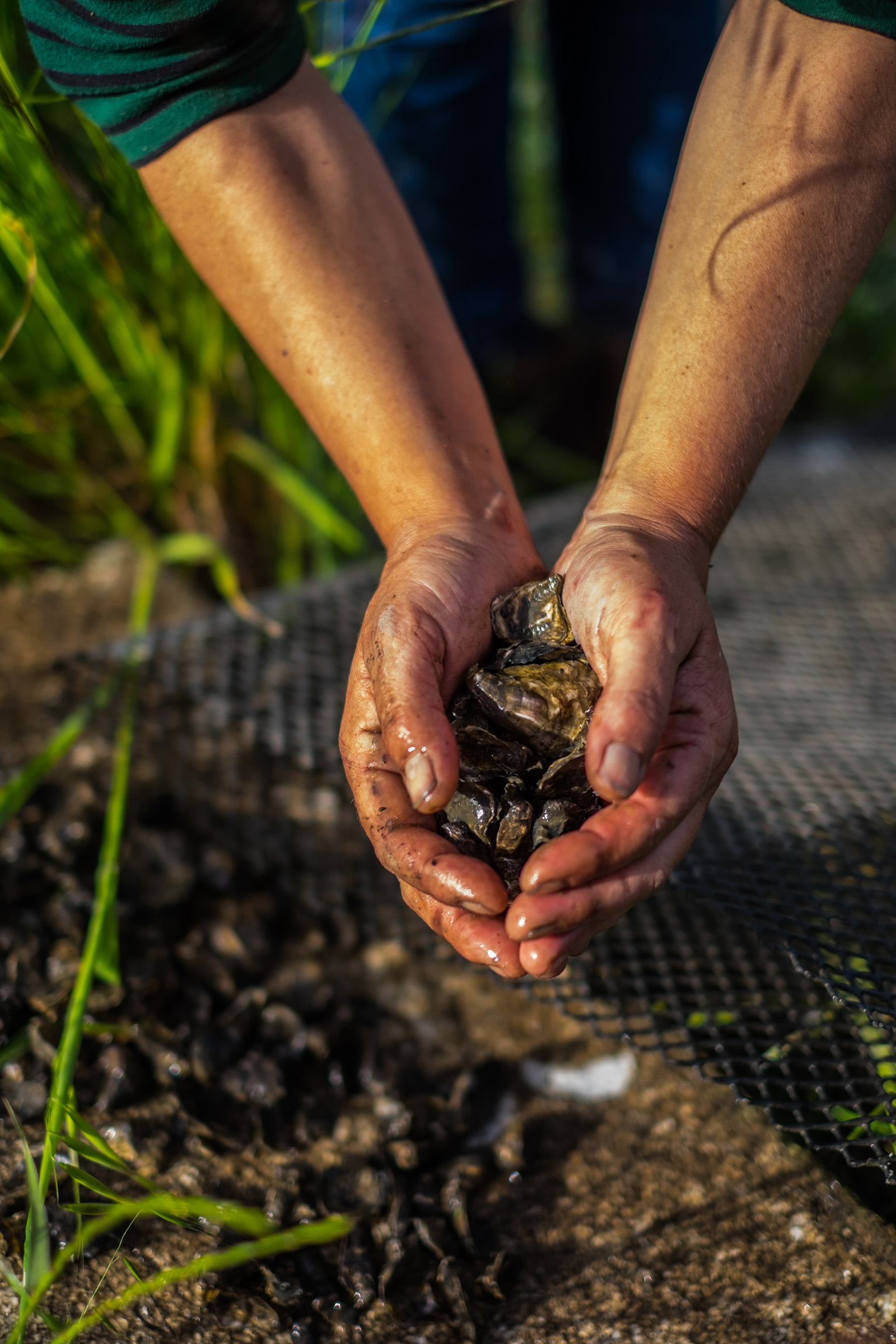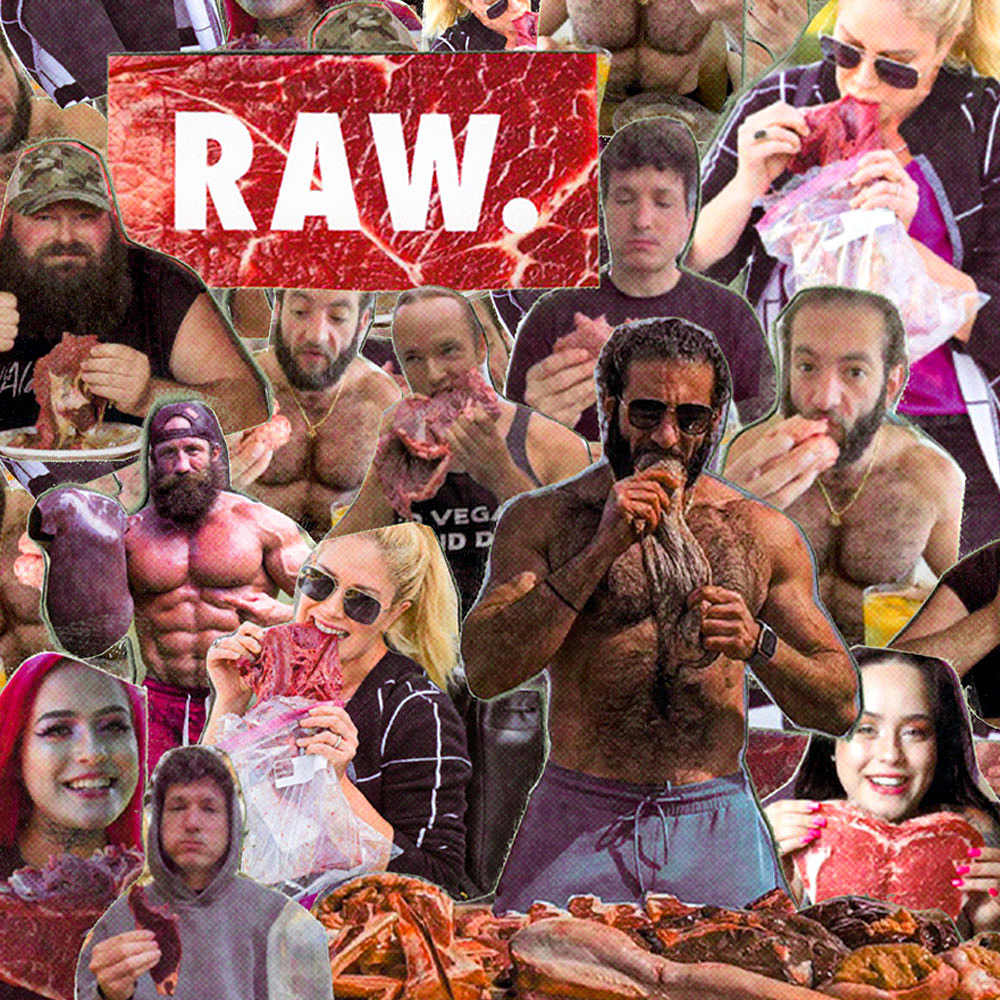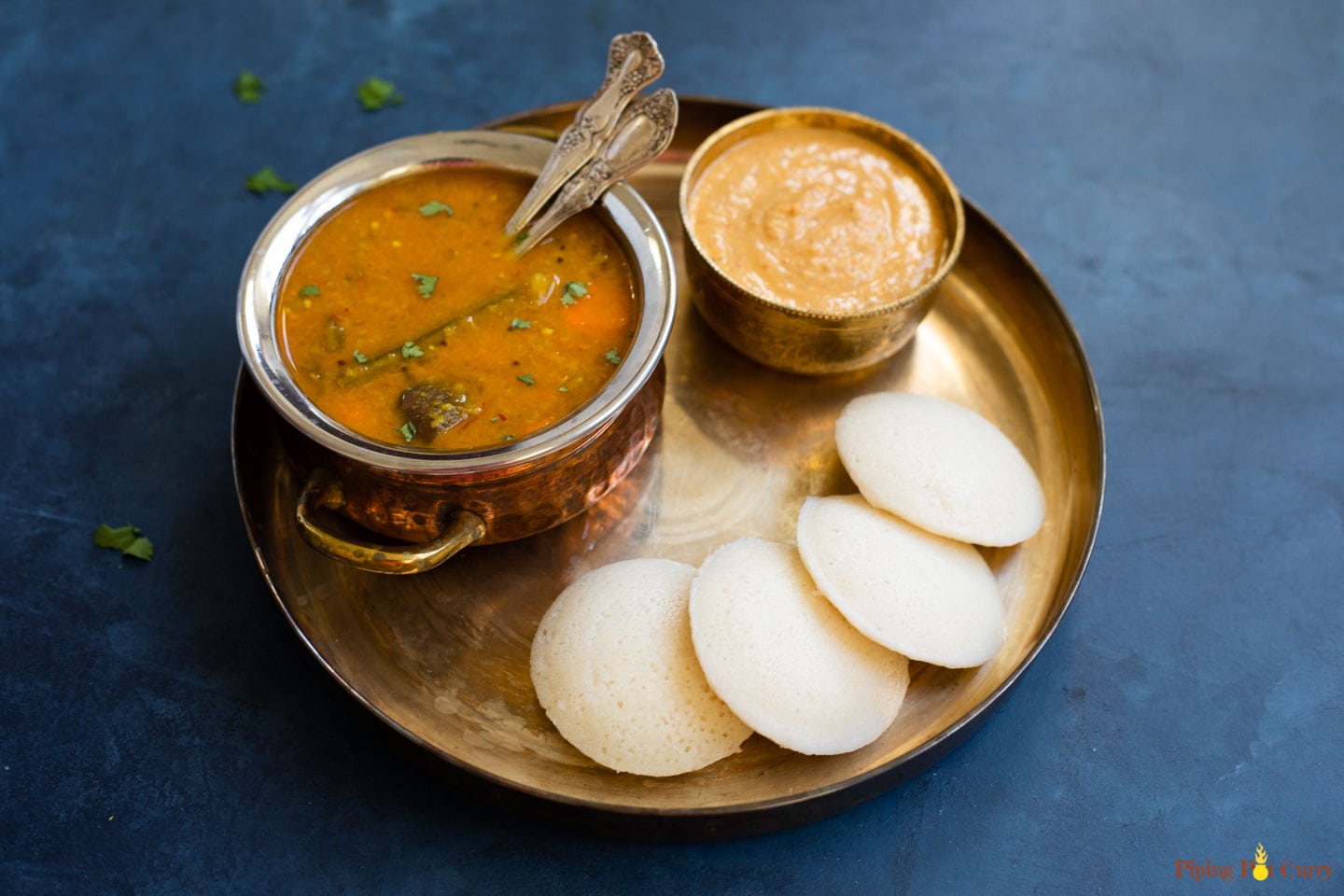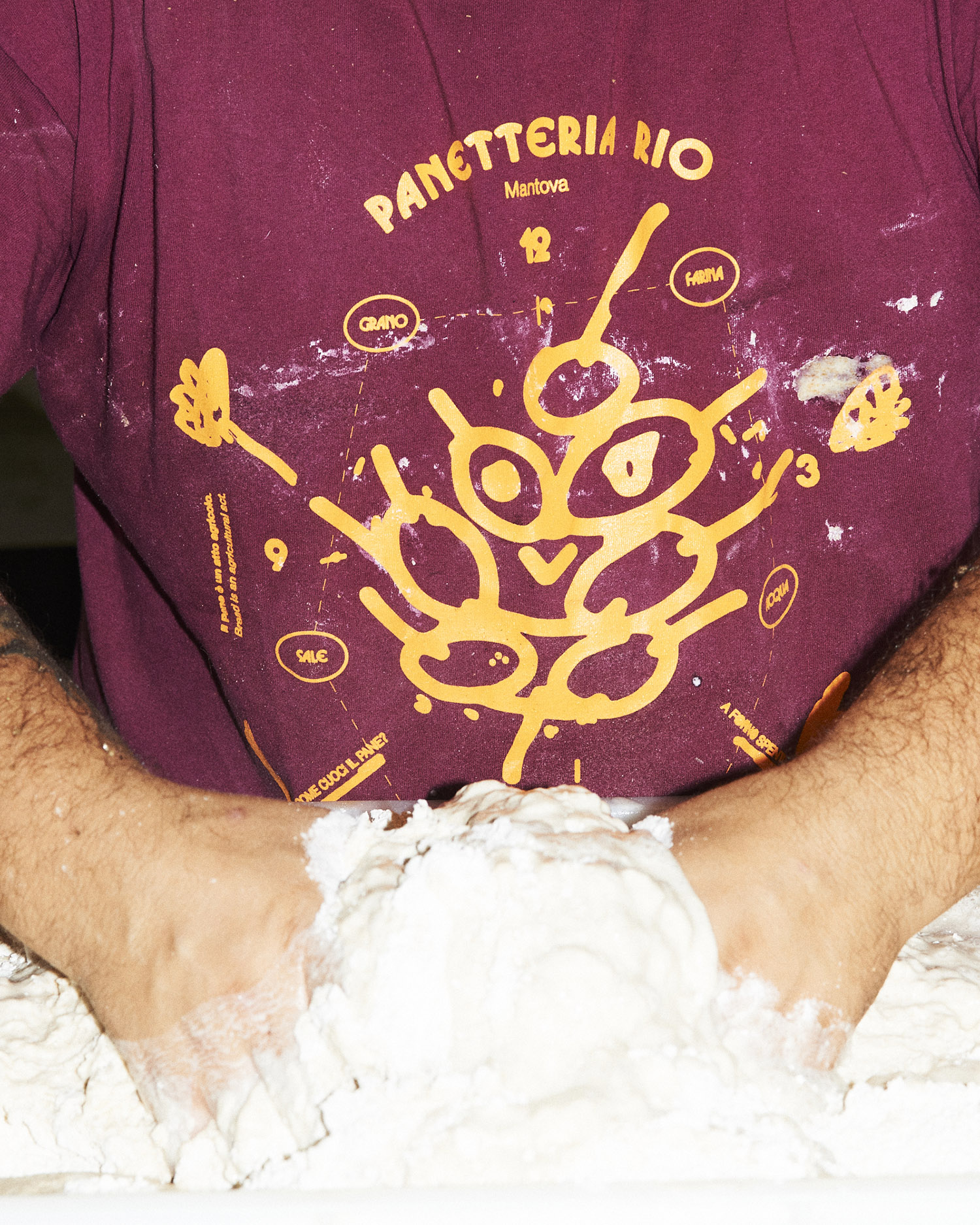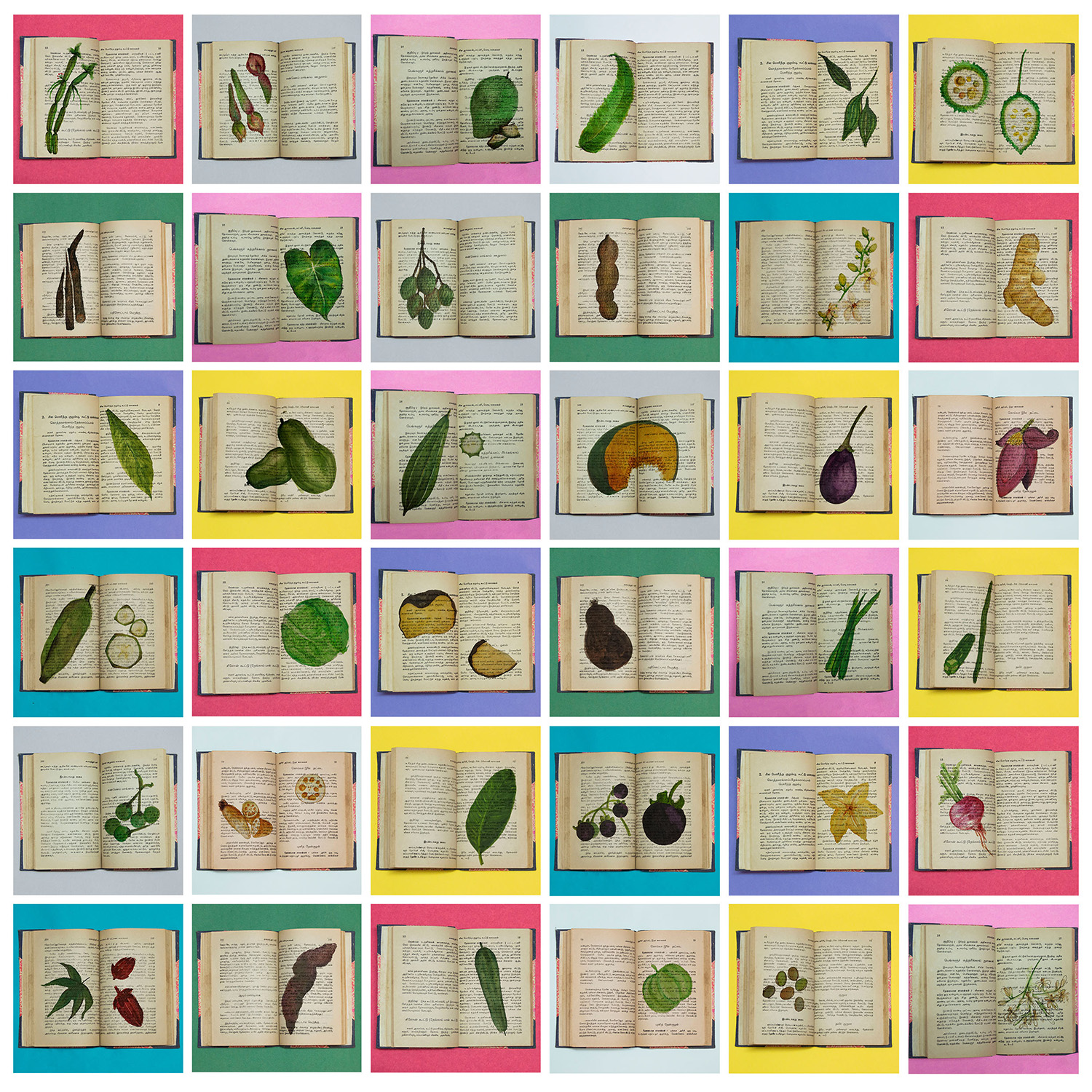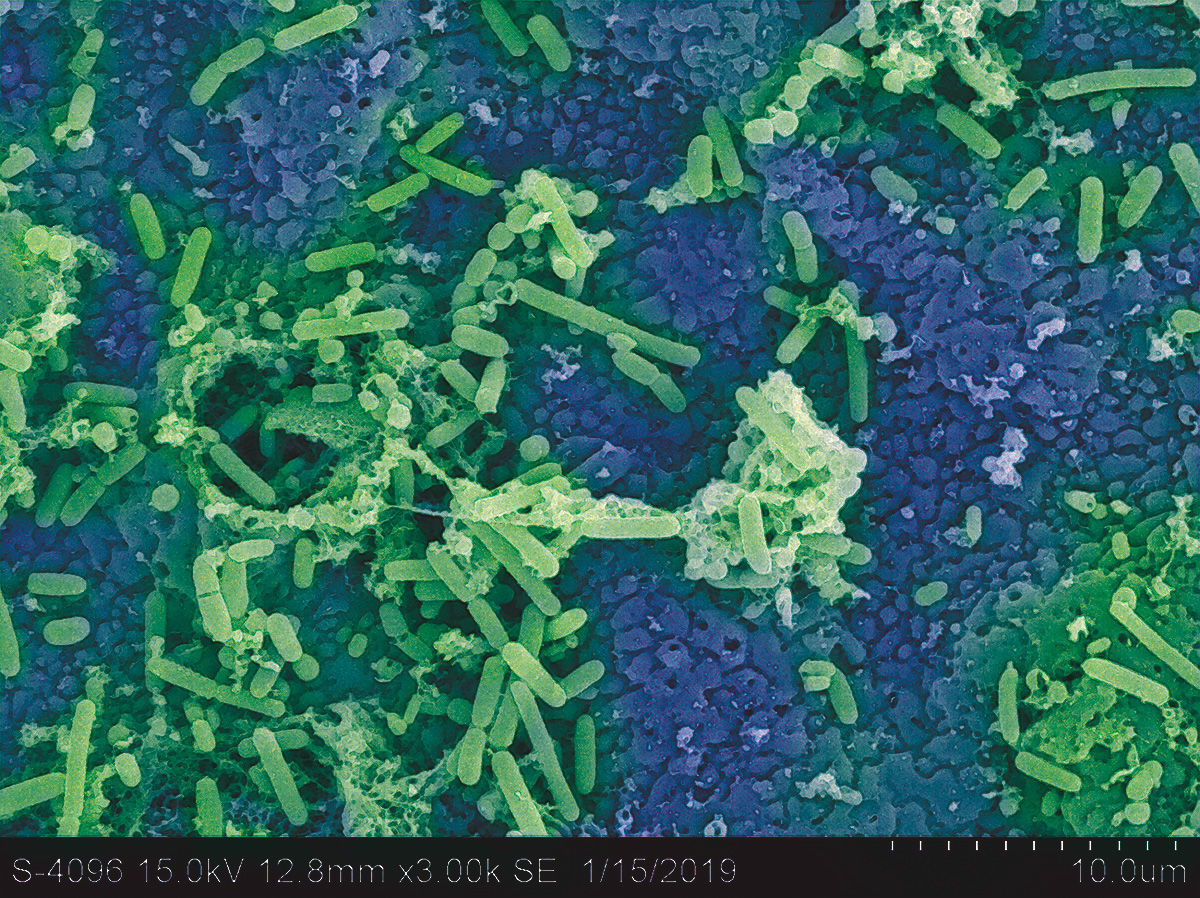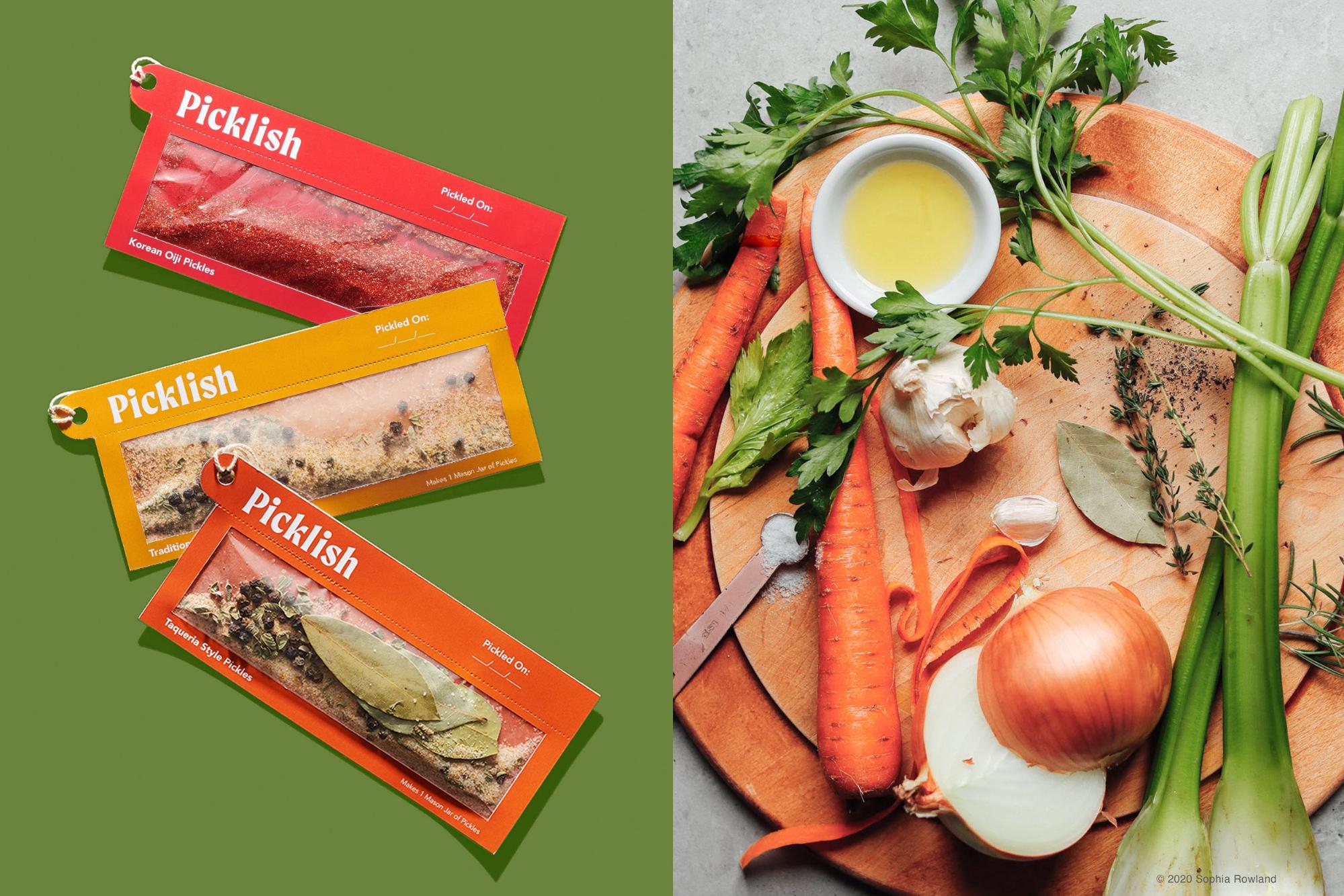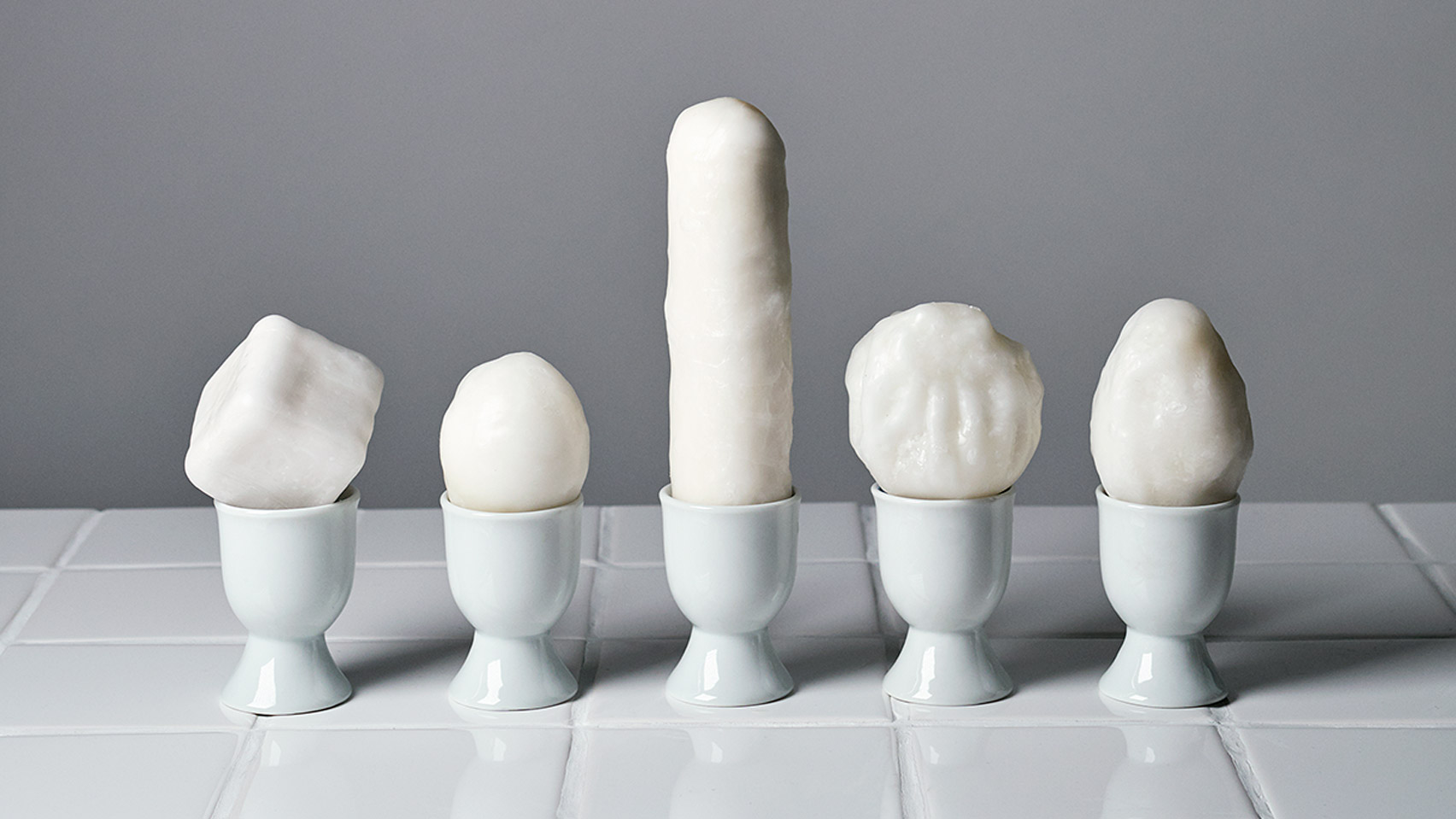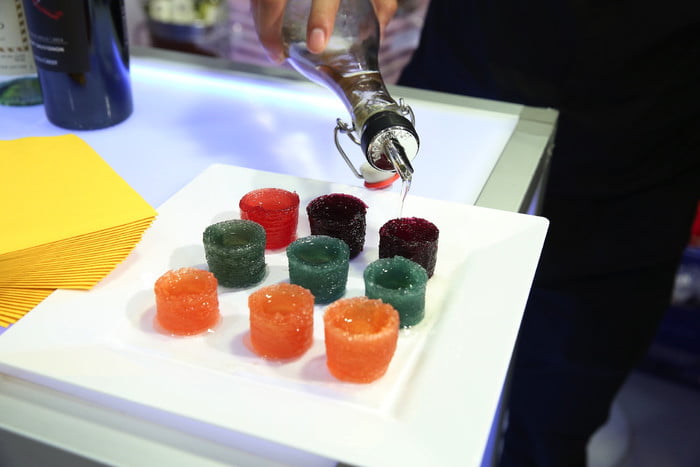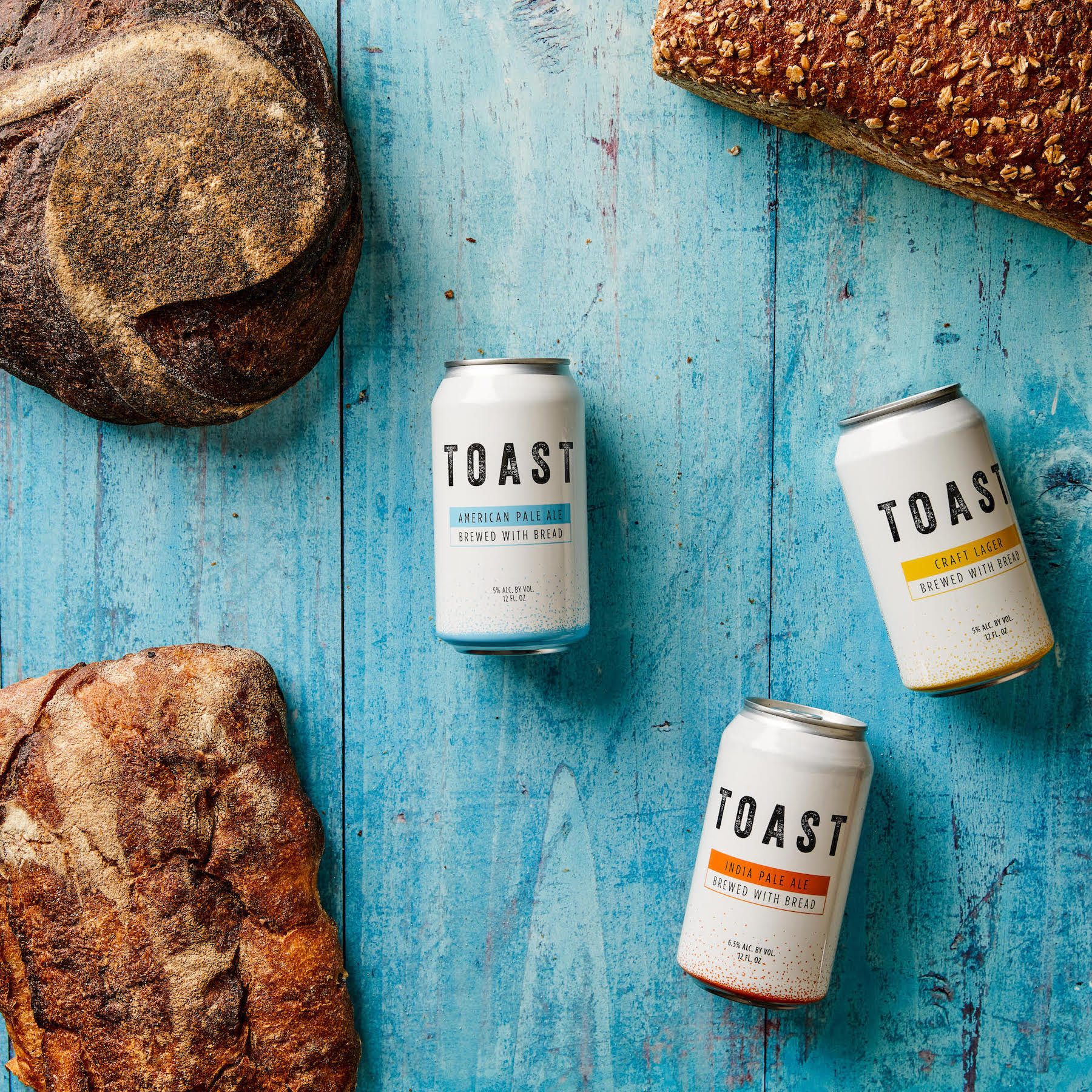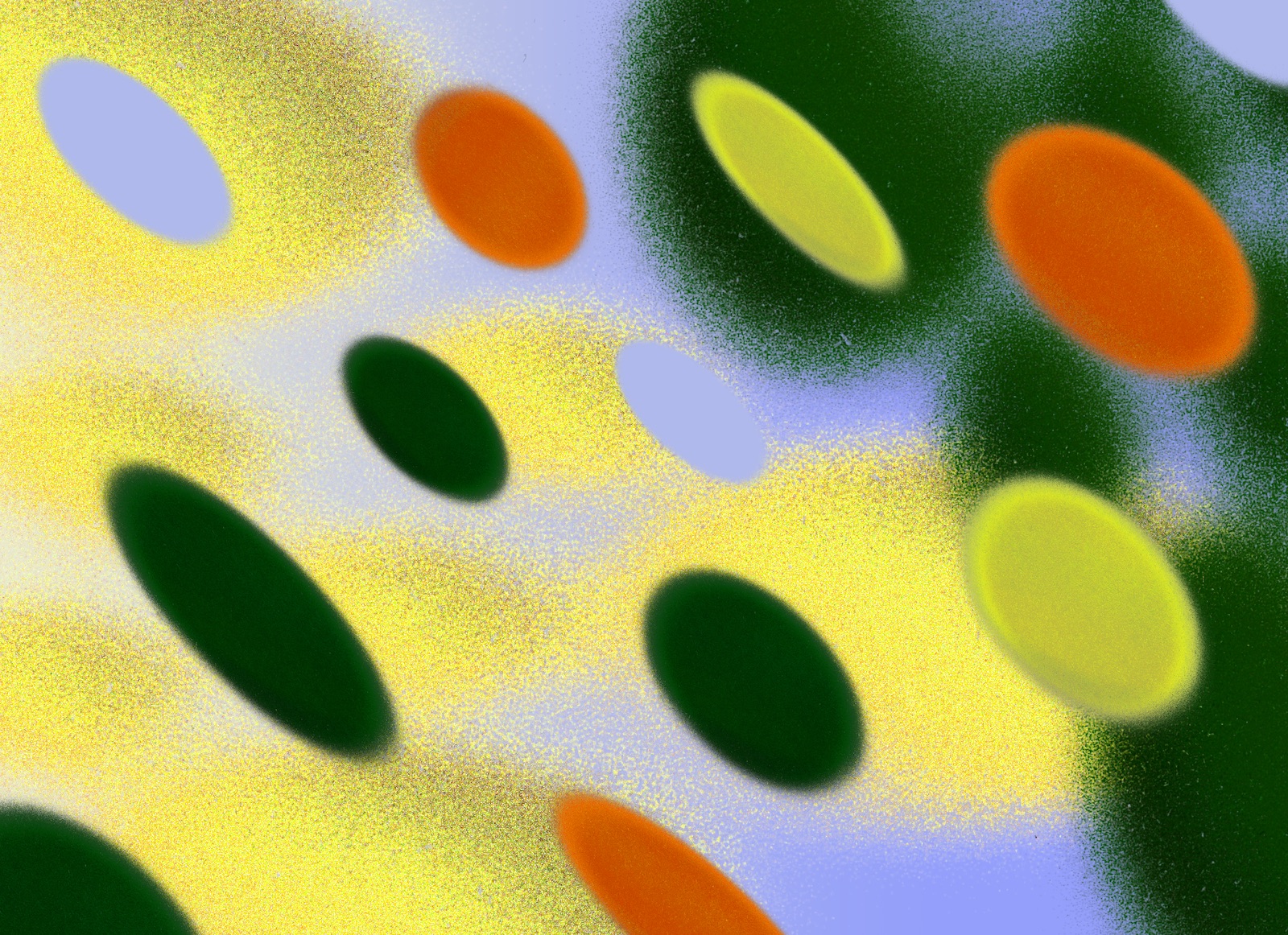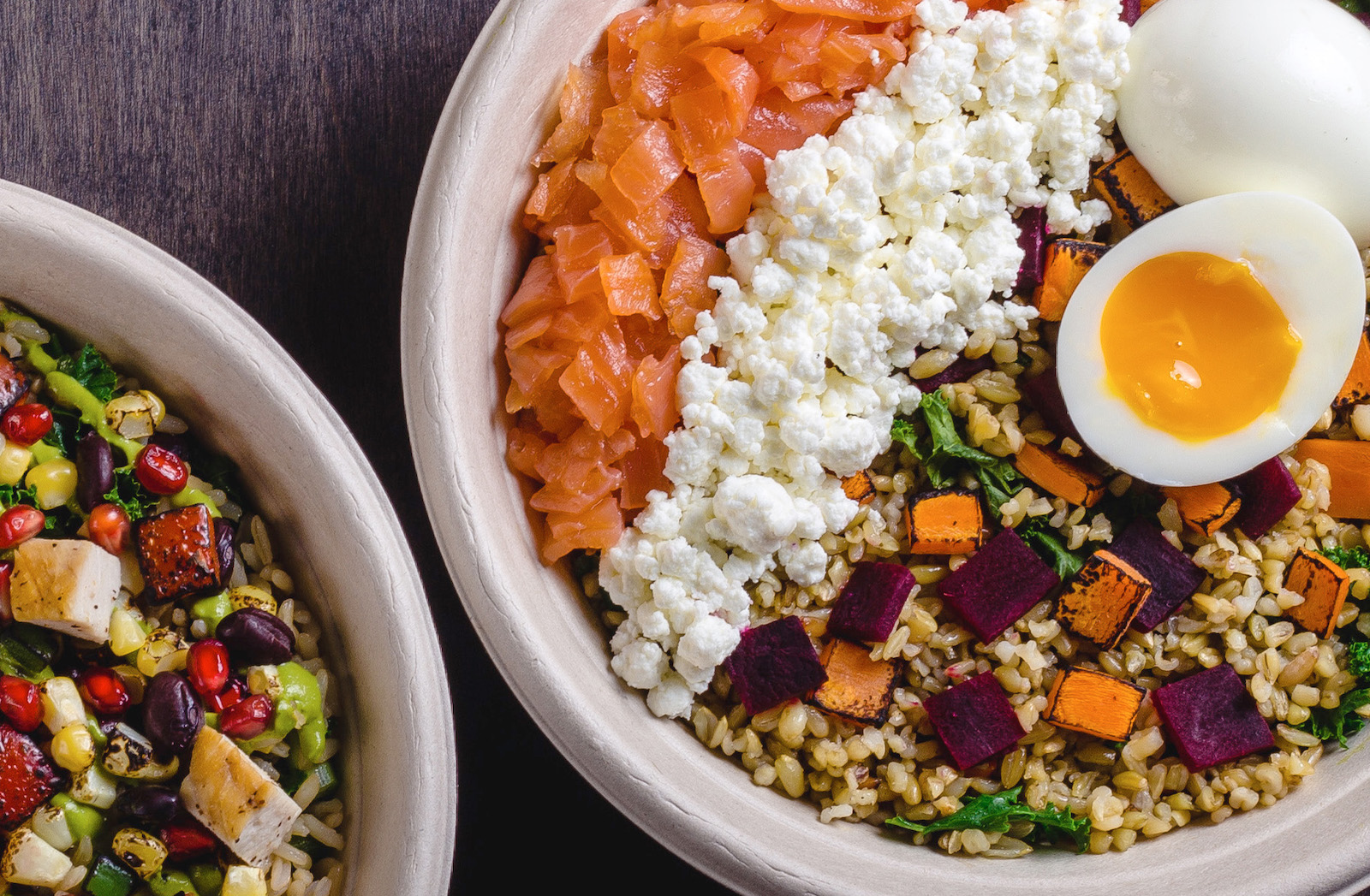Eating whole mealworms or crickets might seem distasteful to the unaccustomed palate, but what if insects could provide us with a protein source we’re more familiar with? Over the past few years, researchers have been investigating the possibility of insect milk, a protein-rich dairy alternative produced with cockroaches. Although cockroach milk has yet to take off as the next big superfood, South-African startup Gourmet Grubb has gained traction in recent months for its insect-based ice cream and EntoMilk, alternative dairy products made from black soldier fly larvae.
 Photo courtesy of Gourmet Grubb.
Photo courtesy of Gourmet Grubb.
Cockroach milk first attracted attention in 2016, when researchers discovered that this unfamiliar liquid contained three times more calories than the most calorie-rich milk from mammals and four times more than cow’s milk; but while cockroach “milk” does also have protein and amino acids, it’s still not actually milk. In reality, the cockroach milk studied by researchers is a pale liquid fed to offspring of the Pacific beetle cockroaches. Once consumed, the “milk” crystallizes in the stomach of the young insects. These crystals are what scientists eventually extracted for study.
Although the milk crystals from cockroaches contain all of the essential amino acids we need from food, each roach can only produce a very small amount. It would take over 1,000 roaches to make 100 grams of milk; the time and energy needed to raise and process that many roaches means that cockroach milk isn’t a viable food source for humans, regardless of its nutritional content. However, there’s still some hope for insect milk: Gourmet Grubb’s EntoMilk relies on black soldier fly larvae, which can be farmed on a large scale with minimal space, making them more sustainable choice for insect-based dairy products.
Gourmet Grubb emphasizes that EntoMilk is more water and energy efficient than any traditional dairy milk. Black fly larvae can be farmed in a number of days (not months), and they don’t produce greenhouse gases. In addition to being environmentally friendly and easy to cultivate, reviews of Gourmet Grubb’s EntoMilk ice cream report that it tastes great, and customers would eat it again. Although the insect ice cream is currently only available in South Africa, its positive reception may prove that consumers are willing to try, and even enjoy, commercially made, insect-based foods.
